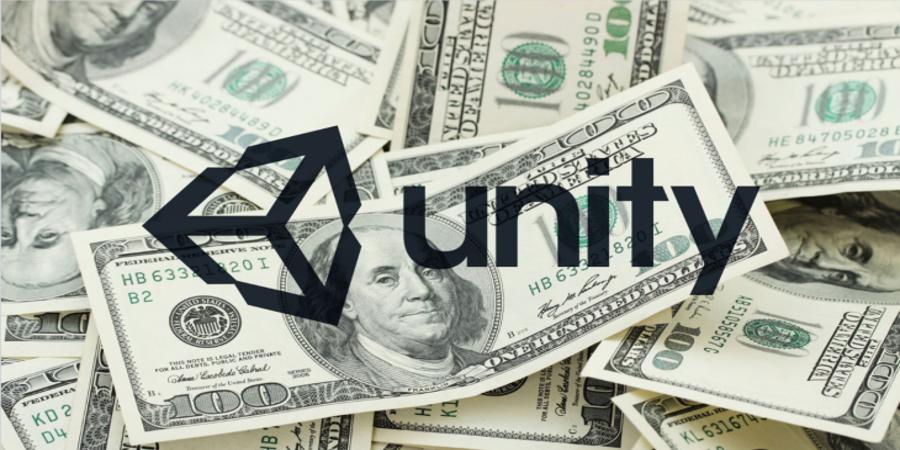Unity, the popular cross-platform game and media development engine, is on the defensive after receiving intense backlash over a controversial new fee structure, which developers using the platform decried as destructive and unfair. Now the company is reportedly looking to walk back the announcement, at least in part.
The engine is popular among independent developers as a way to get a game up and running across multiple gaming platforms while minimizing up-front costs. If a developer had revenue below $100K, it was free, while a Plus tier took one up to $200K, and above that was a Pro tier. As a result some of the biggest games out there use it: Pokémon GO and Genshin Impact, for instance, as well as countless indie hits like Slay the Spire and Timberborn.
But the company announced Tuesday morning that starting in 2024, the company would assess a $.20 fee per install of a game once that title had sold 200,000 copies, and the developer had taken in $200,000 in revenue. Developers who pay for a higher subscription tier have higher sales thresholds and lower fees (and it would remain free for those who don’t meet those milestones).
While selling 200,000 copies might be a dream come true for many indie developers, and Unity itself estimated that around 10% of its users would fall under this umbrella, there are also plenty for whom this fee could be disastrous. Suddenly a game where the Unity licensing cost has already been recouped many times over would become a liability: a spike in sales could saddle you with thousands of dollars in fees. And on mobile, where many games are free and rely on ads or in-game monetization, a trip to the top of the App Store list could saddle their creators with enormous costs with no immediate income to pay them with.
Unity’s original wording and description of the new fees also suggested that even pirated or repeat installs would trigger fees, something that developers called out as unprecedented.
Multiple creators of popular games, perhaps the recognizable being Among Us developer Innersloth, said that rather than pay the fees, they would take their games offline or delay further development in order to port them to a different engine. (The open source Godot has seen considerable interest.)
“This would harm not only us, but fellow game studios of all budgets and sizes,” wrote the developer in a post on X/Twitter. “If this goes through, we’d delay content and features our players actually want to port our game elsewhere (as others are also considering). But many developers won’t have the time or means to do the same. Stop it. Wtf?”
Size Five Games’s Dan Marshall was less diplomatic speaking to Eurogamer: “It’s an absolute fucking catastrophe, and I’ll be jumping ship to Unreal as soon as I can. Most indies simply don’t have the resources to deal with these kind of batshit logistics.” (Unreal starts charging a 5% royalty after $1M in gross revenue from a product.)
The next day, Unity clarified and walked back some of the policy, explaining that fees would not be retroactive, and changing the policy so that only the first installation on a device could incur a cost. The fee would also be sent to the distributor, such as Microsoft in the case of Game Pass (which produces huge numbers of downloads), but it’s unclear how this would be accomplished and which platforms would fall under that umbrella. If any of the large game stores suddenly became liable for millions in fees for games, they are far more likely to simply remove Unity-based titles or dispute the policy than pay. Unity had not responded to my questions regarding these points at the time of publishing.
Over the weekend, Unity apologized and said that an updated policy would be announced “in a couple of days.” However, the news appears to have been circulated internally at an all-hands meeting that Bloomberg’s Jason Schreier got hold of. (Unity also had not replied to my questions regarding the accuracy of the report by the time of publishing.)
In the updated fee structure Unity is supposedly to soon announce, download counts would not be counted retroactively (i.e. all games would start from zero when the policy is implemented) and fees would be limited to 4% of a game’s revenue once it reaches $1M. The former measure makes the new fees less like a ticking time bomb for some publishers, and the latter is clearly aimed at making the engine competitive with Unreal, which as noted above charges slightly more.
Installations would also be self-reported, which brings its own challenges, and there is still no clarity on whether Gamepass and similar services would be proxy payers.
The changes could go some ways towards making the new structure palatable for some developers. But the vibe online among the creator community is that Unity’s clumsy rollout of what it must have known (since its own employees told them) would be an intensely unpopular policy suggests some kind of fundamental lack of understanding or care at the company.
“It will be difficult for Unity to regain the faith of developers,” Ustwo Games’s Danny Gray told GamesIndustry.biz. “Even if everything was reverted now, the trust is lost.”
Source @TechCrunch



